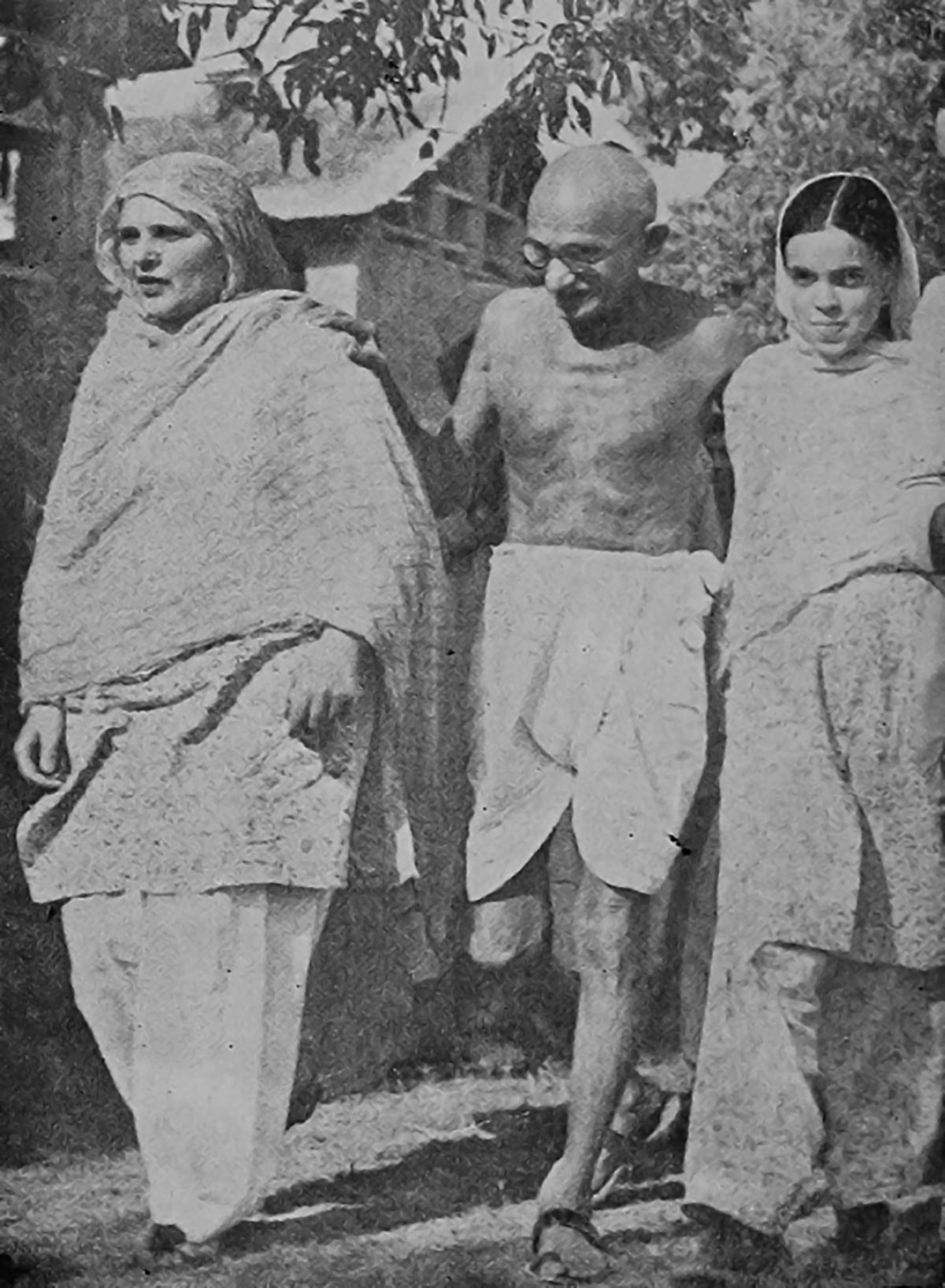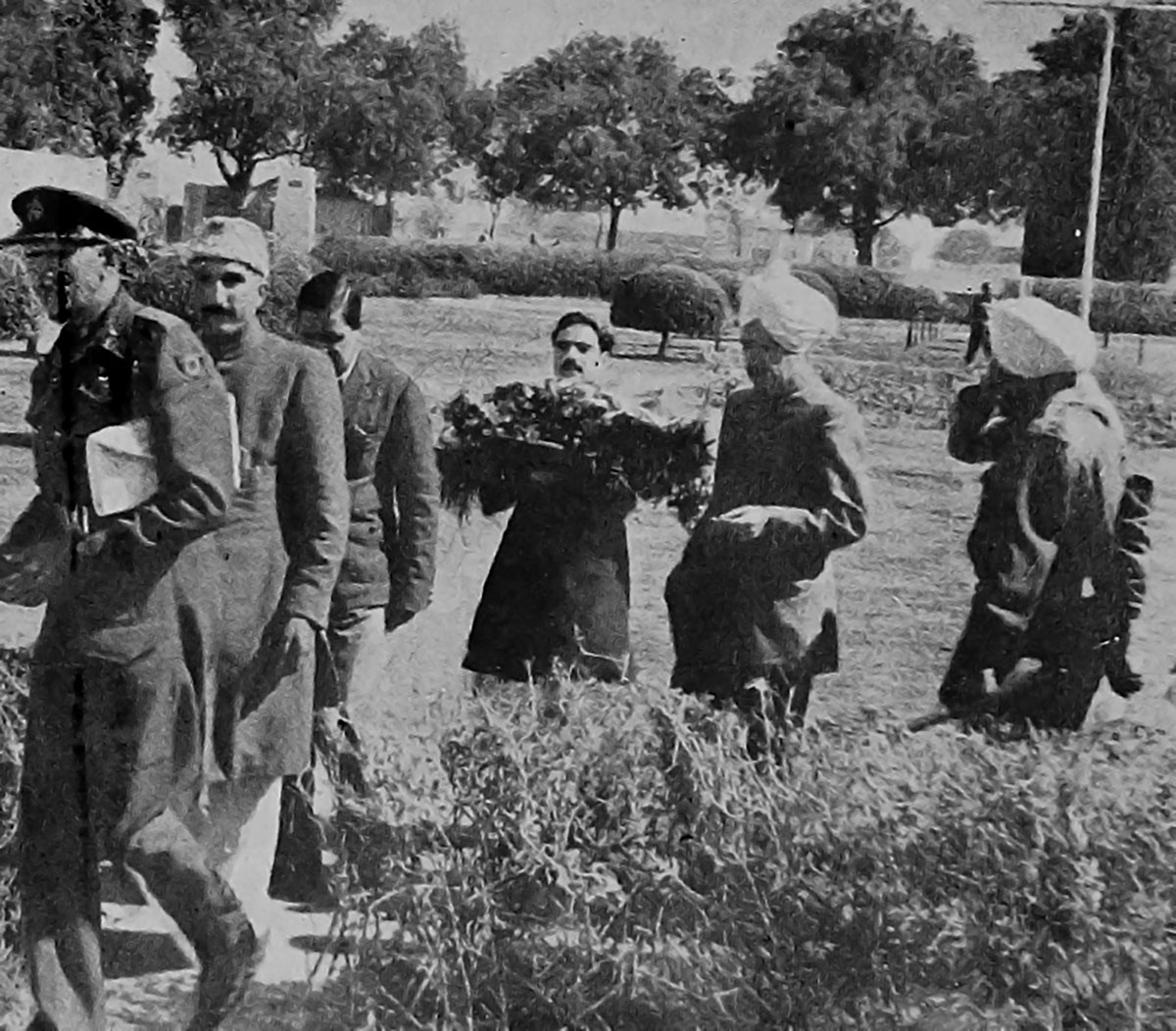Frequent invoking of Gandhian ideology by Kashmiri politicians reflects the impact of important national leaders on politics in Kashmir, writes Zahoor Malik

PDP president Mehbooba Mufti’s recent call to her party workers to strictly follow Mahatma Gandhi’s ideology of ahimsa, the non-violence in their activities has once again brought into focus the impact of some of the important national-level leaders in Kashmir politics.
Mehbooba was speaking at a convention on the 22nd raising day of PDP in the backdrop of the ending of the special status of Jammu and Kashmir.
This was not for the first time that Gandhian ideology, greatly acknowledged and admired the world over, found a mention in Kashmir politics. Kashmiri leaders also keep on referring to his historic comment that he found ‘a ray of hope’ from Kashmir when several parts of India were affected by the worst communal riots during the partition in 1947. As Kashmir remained peaceful during that time, Gandhi hailed it and said he saw ‘a ray of hope’ from here.
Gandhi’s ideology had a deep impact on Kashmir as well. This can be gauged from the fact that mainstream Kashmiri politicians hold him in high esteem. Political observers believe that Gandhi had more goodwill here than Pandit Jawahar Lal Nehru, who gave special status to Jammu and Kashmir, but later made it hollow with the passage of time.

Invoked By Separatists
In the early 1990s, a dramatic development occurred when JKLF chairman Mohammad Yasin Malik after his release announced to shun militancy and follow Gandhi’s non-violent means. He came under severe criticism from rival separatists and militants. Attacks were also mounted on him for the “switch over”. This was the militancy’s peak time. Yasin’s change in policy got him connected to prominent human rights activists in other parts of the country. They would come to persuade him to end his fast unto death on various issues.
The towering BJP leader and the then prime minister Atal Bihari Vajpayee during his tenure attracted the attention in a big way with his ‘out of box’ initiatives. Prior to him, all the prime ministers since 1990 (when militancy surfaced) would deal with Kashmir as per the set national policies and strategies. However, it was Vajpayee who wanted to do something different with a humane face though very much within national interests. Because of his efforts, he ensured a ceasefire on Indo-Pak borders when Gen Pervez Musharraf was the president of Pakistan. It was during Vajpayee’s time that an informal and later formal dialogue process was initiated with the separatists. They were allowed to travel to Pakistan. This process continued for several years and also later during the time of Dr Manmohan Singh. Srinagar-Muzaffarabad bus service was resumed and trade ties across LoC restarted.
Because of the efforts by the successive central governments and local mainstream leaders during that time, the pro-India camp was able to regain its lost space. The separatist leaders would feel uncomfortable with the attendance of people in their gatherings getting thin and the poll percentage in assembly and parliament elections going higher.

Vajpayee’s Initiatives
Vajpayee introduced the idea of solving Kashmir through Insaniyat, Jamhooriyat and Kashmiriyat.
This very statement was quoted by Prime Minister Narendra Modi in his speech here in presence of the then chief minister Mufti Mohammad Sayeed some years back. Mufti had advocated friendly ties with Pakistan, suggesting India should behave like a big brother while dealing with Pakistan. Modi responded by saying no power on earth can teach him how to solve the Kashmir problem as he knew that the solution lies in Vajpayee’s mantra of Insaniyat, Jamhooriyat and Kashmiriyat. Many thought it was also a snub by Modi to Mufti.
Nobody at that time had any idea as to what Modi actually had in mind regarding Kashmir. This became obvious later on August 5, 2019, when the central government ended the special status of Jammu and Kashmir and bifurcated the state into two union territories.

August 5
This strong decision completely changed the entire scenario in Kashmir. The unimaginable and impossible was made possible. Mainstream politicians were arrested like separatists and put in jails for months together.
After coming out they are finding it difficult to operate. Even as they have been making statements but practically they are unable to reconnect with the people at grass root level till now. Their only advantage is that the government has not been able to create a parallel and effective rival political set-up so far. They had some hopes from the prime minister’s recent all-party meeting, where they were told in categorical terms to cooperate with the delimitation commission so that assembly polls are held.
BJP has now started describing Abdullahs and Muftis as tired politicians of the past. BJP national general secretary Tarun Chugh during a function here recently said Abdullahs and Muftis have lost relevance in Kashmir and they are now tired politicians of the past.
Despite the criticism, the NC and PDP leaders are trying to remain relevant and adopt every possible political means to be part of Kashmir politics. Mehbooba’s call for strictly following Gandhi’s non-violence ideology is seen by many as an effort by her to stay relevant. At the same time, it shows the impact of top national leaders in Kashmir politics.














